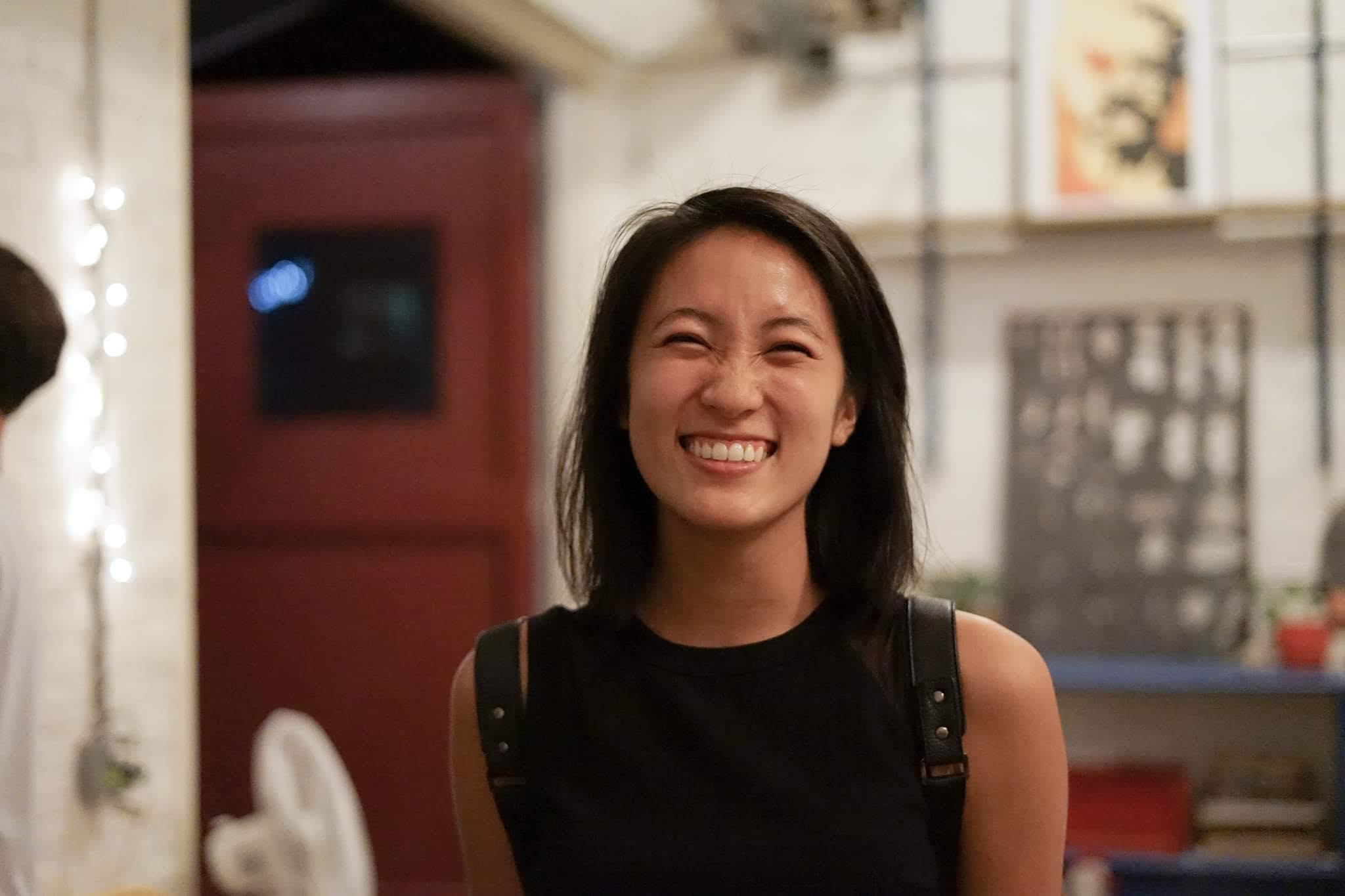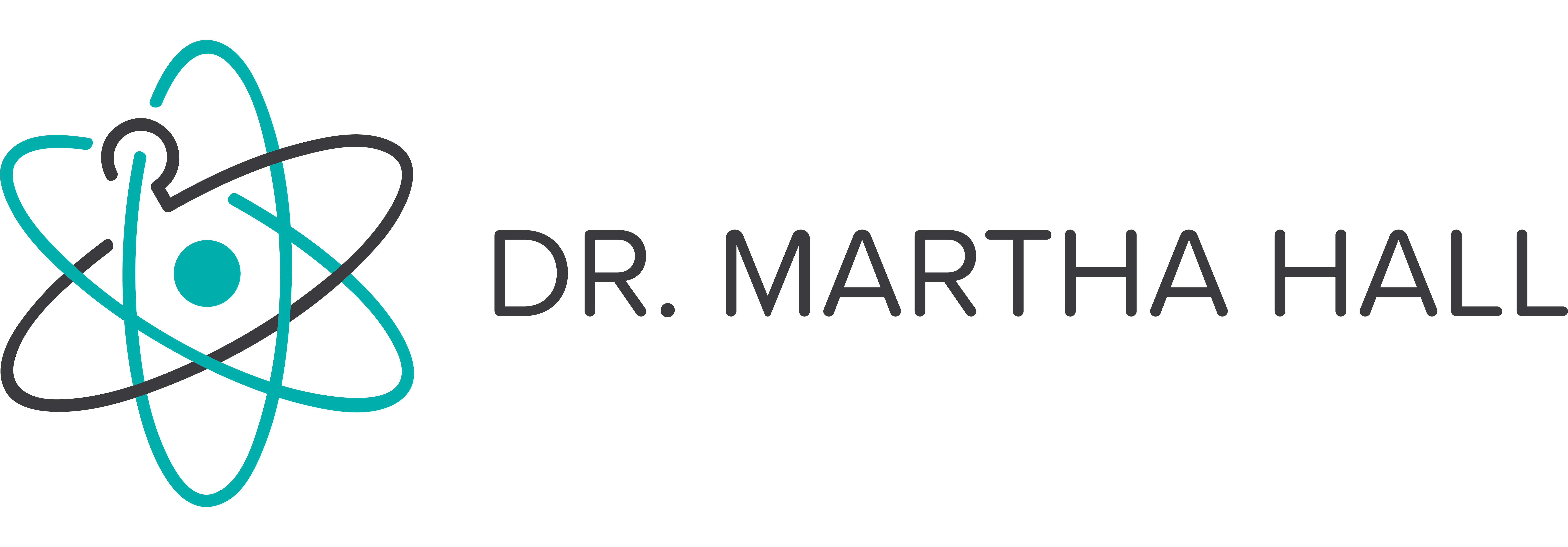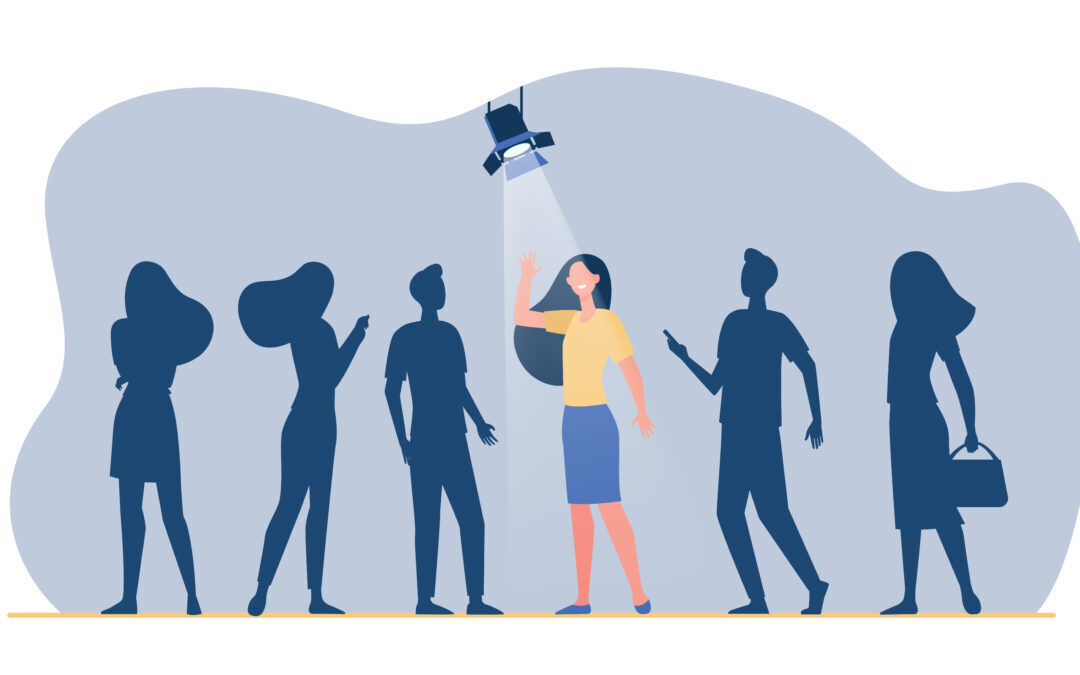We were lucky enough to have a video call with one of Dr. Hall’s student interns, Lea. She loves working with patients, and this passion makes Dr. Hall a perfect fit as her mentor. Read on learn what it is like to innovate with Dr. Hall.
Tell us About Your Educational Background
I’m an occupational therapy student in the third year of my clinical doctorate program. After this semester, I’ll earn my license! I connected with Dr. Hall during my capstone project. Occupational therapy students do capstone projects at the end of the degree program. I’ve always been interested in innovation and design for people with disabilities. Finding Dr. Hall was this magical, a-ha moment. I want my career to be like hers because she is working on so many cool projects.
I started school as a biomedical engineering major and realized I wanted to have more interaction with people. So, I switched to occupational therapy because it is a direct service. I like to listen to the patient’s problems and figure out how to help them. I also enjoy creating new approaches by collaborating with a diverse healthcare team. My dream has always been to meet engineers and other professionals in other disciplines to find solutions to real problems.
How Did You Start Working with Dr. Hall?
I recently joined Martha’s lab during the pandemic. So, I have mostly met with her virtually. The first time, I was nervous because Zoom meetings are inherently awkward. But it didn’t feel uncomfortable with her because she just is such a warm and welcoming person. I was excited about the projects I would work on with her and the people she would introduce me to. It was exhilarating to connect with her, even digitally.
Tell me About Your Work with Dr. Hall
I’m working with an engineering student creating exoskeletons for children who have cerebral palsy. We are also teaming up on another project in collaboration with the local children’s prosthetics clinic. Our patients are kids with lower extremity limb loss. The goal is to help them find agency and self-autonomy in designing their prosthetic covers so their prosthetics meet their expressive needs.
The idea is that the children will tell us exactly what they want to see from the exoskeleton instead of just designing it ourselves and giving it to them without considering their perspective in the design process. Patients will tell us what they want the product to look like and what they need from the device. First, we will interview the children to understand what it’s like to live with cerebral palsy and how we can alleviate some of the issues that come with their daily activities.
Have you ever seen individuals with prosthetics that have fancy design covers? We’re essentially trying to make a cover that’s more accessible and is needed by children with lower-limb loss.
We’ve explored the market, and there are only expensive options for adults. There aren’t any children-sized prosthetic covers on the market. We are going to collaborate with young patients in the design. That way, our team can address the children’s specific needs regarding their autonomy and contribute to their positive self-image. Exploring younger children’s desire for expression with their prosthetics might be entirely new for them.

What is Dr. Hall like as a Mentor?
She is always willing to help me figure out my goals and objectives during my time in her lab. It has been fantastic to meet my goals. We met today, and I had the opportunity to pick her brain for an hour to learn about her experiences. This semester I want to understand the big life lessons that she had and how she arrived at where she is today. I want to sponge up as much knowledge from her as possible.
What is Something Special About the way Dr. Hall Works?
I know she’s super busy; she has meetings every hour. But she makes time to meet with me, a new student so that she can help me. I’ve just been grateful for this opportunity to work with her, and she is also incredible at connecting me to people I can learn from through their perspectives. She treats me as a professional; she expects me to get stuff done independently without needing to be micromanaged, unlike previous advisors I have had.
Conclusion
Before meeting Dr. Hall, empathy and inclusion were always valuable to Lea. She walks the talk and brings her education in occupational therapy to the table. Learn more about the students Dr. Hall mentors and more about Dr. Hall’s design process by subscribing to this blog.

